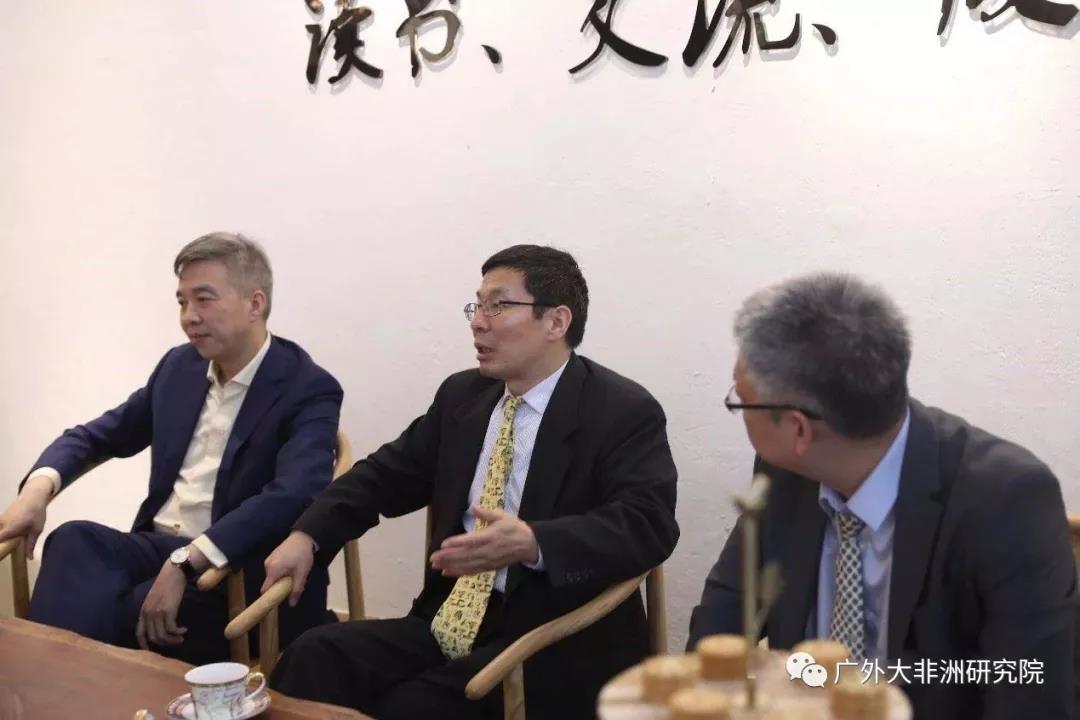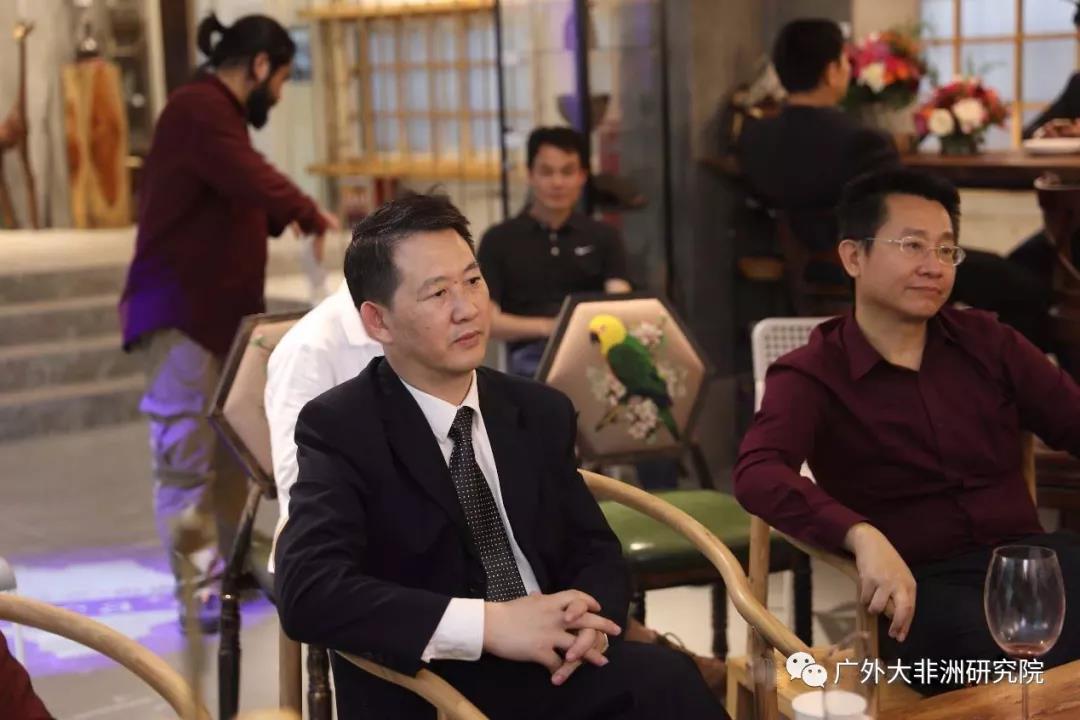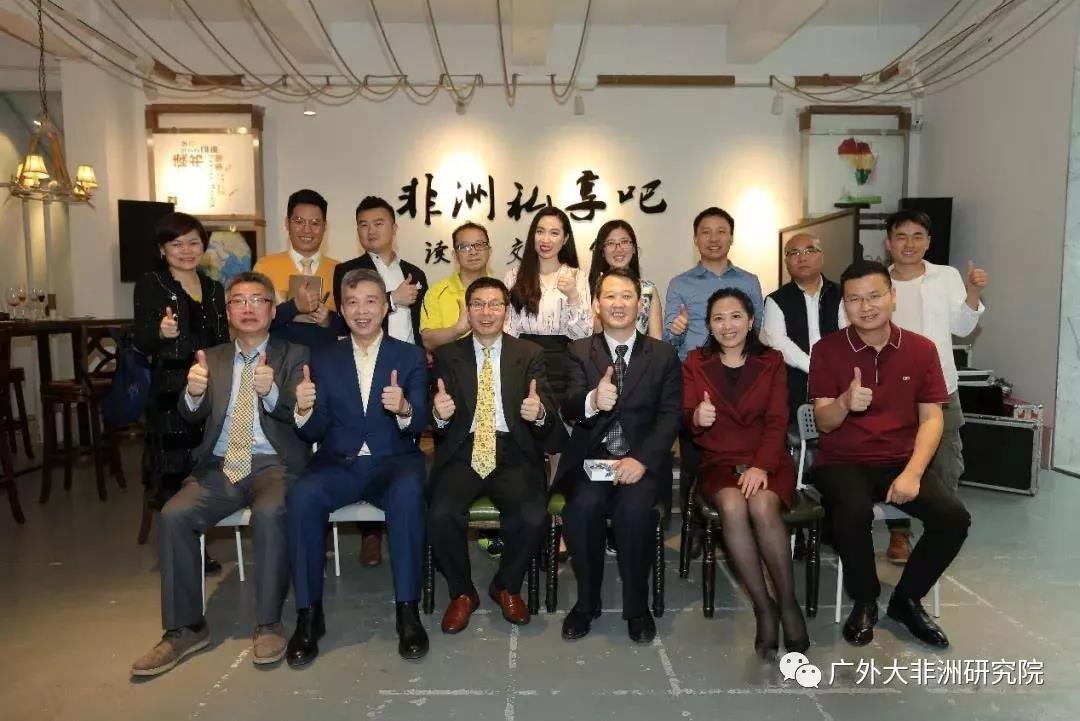
China-Africa Economic and Cultural Week opened in South China's Guangzhou on April 20th. A symposium was held in the afternoon whose topic was how to promote Chinese brands in Africa. Attending the symposium were Mr. Lu Derui, Director of International Brand Building and Promotion Center of MOFCOM, Mr. Zeng Zhihua, senior economist of World Bank, members of CCPIT, Presidents of Chamber of Commerce as well as journals. Experts in business circles discussed issues such as the definition of brands, internationalization of Chinese brands, the integration of Chinese enterprises and African communities, the mechanism of talent cultivation and so on.
“Brands represent enterprise culture,” said Mr. Lu Derui, Director of International Brand Building and Promotion Center of MOFCOM, “to promote Chinese brands in Africa, enterprises have to realize localization, namely breaking cultural barriers and satisfying local consumers’ demands”, in response to “the value of Chinese brand promotion”.

Enterprises Should Obey Rules
Concerned the issue, what Chinese enterprises can do when encountering a growing number of trade frictions, most experts agreed that Chinese enterprises should take both local and international rules and regulations into consideration. “When provoked by European and American countries, Chinese enterprises would better resort to law”, said Mr. Zeng Zhihua, senior economist of World Bank.
Charity Will Improve Corporate Image
To solve the problems resulting from language and ideology, Chinese enterprises have to adapt to local communities and make contributions to social welfare. “Chinese enterprises are supposed to attach great importance to charity,” said Deng Yu, Vice CEO of Guangdong New South Group Co., LTD.

Talent Cultivation Should Be Based on Localization
Speaking of the mechanism of talent cultivation, Prof. Liu Jisen, Executive Director of Guangdong University of Foreign Studies, maintained that “the cultivation of African talents can not only enhance effective communications between Chinese enterprises and local communities but also decreases labor costs”. He also proposed the idea of “setting up class for Africans”. Deng Yu also suggested that Chinese enterprises can provide training for local youth.
Besides, experts also talked about the professional education of European countries, the recognition of Chinese commodity, and the development prospect of African countries.
At the end of symposium, Mr. Lu Derui wished China-Africa Economic and Cultural Week a full success.


